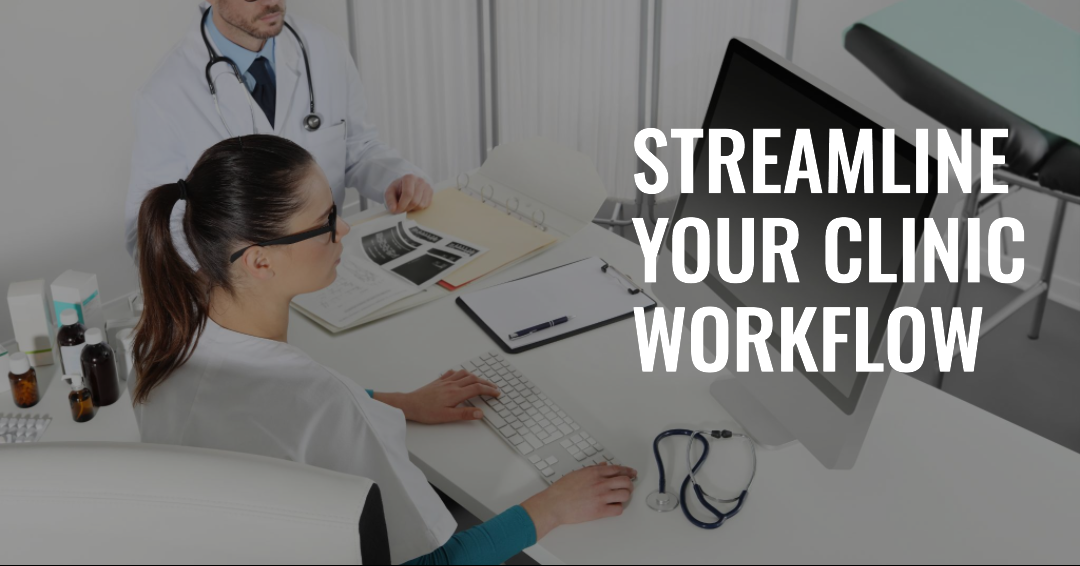Medically Reviewed by Dr. Hanif Chatur
Key Takeaways
- Appointment scheduling software mitigates the challenges of traditional scheduling by automating processes, centralizing data, and providing actionable insights.
- Streamlined scheduling results in enhanced patient satisfaction, increased clinic efficiency, and notable financial benefits.
- When selecting software, clinics must prioritize integration capabilities, user-friendliness, scalability, and robust data security measures.
In the ever-evolving world of healthcare, efficiency is paramount. Medical facilities continually strive to provide better care while streamlining their processes. Amidst these pursuits, the role of technology can’t be overlooked. One such technological marvel, the appointment scheduling software, has emerged as an indispensable tool for modern clinics. This article delves into its significance and the role it plays in optimizing clinic workflows.
The Pain Points of Traditional Scheduling
Before diving into the solution, it’s essential to understand the challenges clinics face with traditional scheduling:
Human Error: Manual appointment scheduling software is prone to errors, from double bookings to overlooking patient preferences.
Time-Consuming: Fielding calls, jotting down appointments, and managing reschedules demand significant time and resources.
Limited Accessibility: Without a centralized system, tracking and managing appointments across different departments becomes cumbersome.
Enter: Appointment Scheduling Software
This software streamlines the process, offering a host of features designed to optimize and simplify scheduling. Let’s break down its benefits:
Automated Scheduling: Patients can book, reschedule, or cancel their appointments online, drastically reducing the administrative burden on clinic staff.
Centralized Database: All appointments are stored in a unified system, making it easy for any authorized personnel to access and manage schedules.
Reminders and Notifications: Automated reminders can significantly reduce no-shows, ensuring patients are informed of their upcoming visits.
Optimized Resource Allocation: With a clear view of the day’s appointments, clinics can better allocate their resources, from staffing to equipment usage.
Data Analysis: Clinics can extract valuable insights from their scheduling data, such as peak visit times, patient demographics, or recurrent no-show patterns, aiding in better decision-making.
The Ripple Effect on Clinic Workflow
Enhanced Patient Experience: With easy scheduling and timely reminders, patient satisfaction levels witness a considerable boost.
Improved Efficiency: Streamlined scheduling means lesser bottlenecks. Staff can focus on patient care rather than being entangled in administrative tasks.
Financial Benefits: Reducing no-shows and optimizing resource allocation can lead to significant financial savings.
Considerations When Choosing Software
While the advantages are clear, it’s essential to choose software that aligns with a clinic’s specific needs. Consider:
Integration Capabilities: The software should seamlessly integrate with other systems, like electronic health records (EHR) or billing platforms.
User-Friendliness: Both staff and patients should find the software intuitive and easy to navigate.
Scalability: As the clinic grows, the software should adapt without necessitating an overhaul.
Security: Patient data is sensitive. Ensuring robust data encryption and compliance with healthcare regulations is a must.
Concluding Thoughts
Appointment scheduling software isn’t just a digital replacement for a traditional appointment book; it’s a comprehensive solution that addresses multiple facets of clinic operations. In a world where time is of the essence, such tools not only simplify processes but also pave the way for enhanced patient care and clinic efficiency. As healthcare continues its digital transformation journey, the importance of such software will only grow.
MarkiTech on the Digital Healthcare Front
MarkiTech has various subsidiaries with products and services targeted towards digital healthcare and telehealth/telemedicine and virtual clinic with laser focus on helping seniors age in place and help their caregivers.
Sensights.ai is a company focused on remote patient monitoring and aging solutions, which utilizes artificial intelligence to track the health of patients and keep a round-the-clock connection between caregivers and patients.
As well, Veyetals uses rPPG and AI modeling algorithms to capture the light reflected by the blood vessels under a patient’s skin to measure vitals anytime, anywhere.
Lastly, we are now launched our latest Mental Health AI Scribe tool called CliniScripts.com



